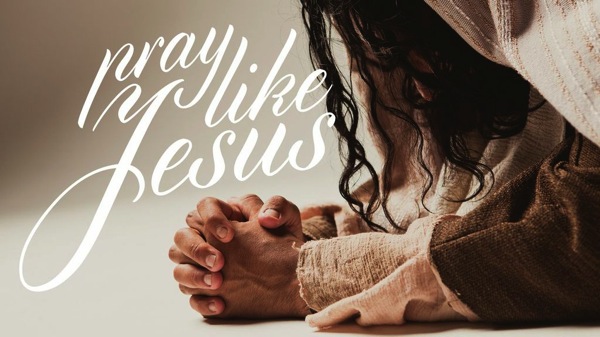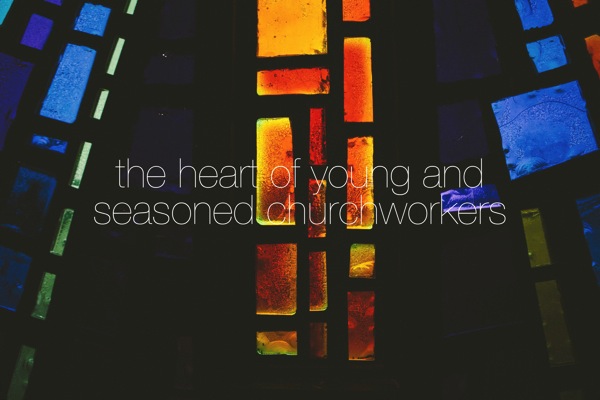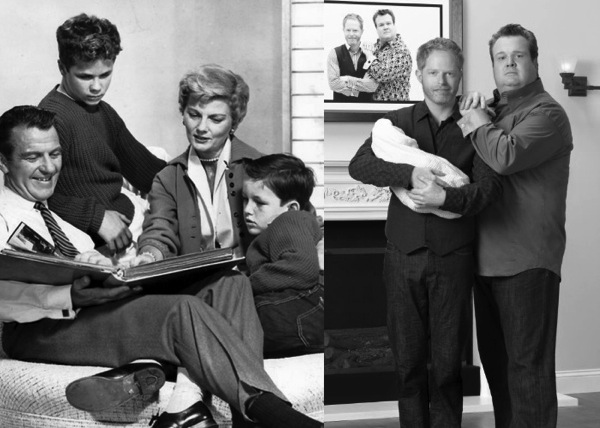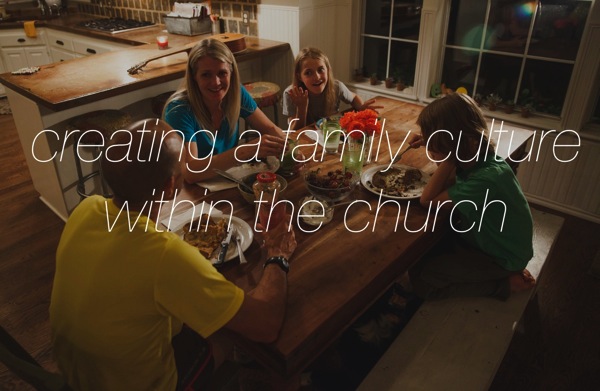 In third grade I wrote a paper entitled, “Officially a Grunewald.” And in the way that only a third grader could write, it recorded the events of a very important day in my life:
In third grade I wrote a paper entitled, “Officially a Grunewald.” And in the way that only a third grader could write, it recorded the events of a very important day in my life:
Last year on October 17, 1995, I missed a half day of school because I went to court. When we were at home, my mom gave me a chain with a cross on it. My brother, Corey, got a chain with a cross in the middle of a heart, and my sister, Molly, got a necklace that had a G in the middle of the heart because we became Grunewalds.
The judge asked my mom and dad a lot of questions. While we were getting our picture taken, I banged the hammer the judge uses. I got my picture taken with Corey, Molly and the judge. Second, we got a picture taken with my mom, my dad, Corey, Molly, the judge and I. The judge got to hold Molly every single time.
I officially became a Grunewald. When we left we ate at the Clock. I had scrambled eggs. Corey had Mickey Mouse pancakes, and Molly had French toast.
My mom brought me back to school after everyone finished eating. Everyone asked me where I was. I said, "At court." The kids in my class asked, "Do you have to go to jail?" I was proud the day my stepdad adopted me and I officially became a Grunewald.
On October 17, 1995, in a courthouse, not because of anything I had done and not because of anything my brother or sister had done, but solely because of the love of my dad, I was declared a Grunewald. It had nothing to do with my decisions or behavior, but simply because my dad said before the judge, “I will love these children as my very own children,” everything changed.
It would not be about stepson or stepdaughter, stepbrother or stepsister. It was instead, “These are my kids. This is my family.” And so, on October 17, 1995, I was given a new name and a new identity; this was my family. My dad said, “I love you, and you are my child.”
I was adopted and called son.

And all throughout the Scriptures this is the very same way that our relationship with our Heavenly Father is described. We are described as sons and daughters who have been adopted into the family. We are a family who has been made family.
And just as a judge banged a hammer and declared, “This is who you are,” so also on the cross of Christ it was declared, “This is who you are.” You are given a new name, a new identity. You are called a child, a son, a daughter. This is why throughout the Scriptures we see this adoption language coming up over and over again.
In 2 Corinthians it says, “‘I will be a father to you, and you shall be sons and daughters to me,’ says the Lord Almighty.” How does this happen? Because we have been adopted as sons and daughters.
In Galatians 4, when the Apostle Paul is teaching us what it means to be children of God, he says:
“But, when the time had fully come, God sent his Son, born of a woman, born under the law to redeem those under the law, that we might receive the full rights of sons, that we might be adopted as sons. Because you are sons, because you are daughters, because you’ve been adopted into the family, God sent the Spirit of his Son into our hearts in the Spirit who calls out, ‘Abba, Father.’ So, you are no longer a slave, but a son, and since you are a son, God has made you also an heir.”
And in Ephesians 1 (NLT) it says, "God decided in advance to adopt us into his own family by bringing us to himself through Jesus Christ. This is what he wanted to do, and it gave him great pleasure." By the death and resurrection of Jesus, you and I have been declared children of God.
On October 17, 1995, I was given a new identity. You and I, almost 2,000 years ago on a cross, we were made new. In the waters of our baptism we were given a new name. We were called family as we have heard and trusted the promise of the Gospel. We have been adopted into the family of God. We are a family who has been made family. No matter how far we’ve run, we’ve been called sons and daughters.

 Everybody has a
Everybody has a  “Doesn’t she look great?”
“Doesn’t she look great?” Most of us don’t need to be convinced that we should pray. Even the people who don’t believe in God, when faced with the worst of situations, often finds themselves in prayer to a god they don’t believe in. The way we approach God matters There are postures that we can take when we approach God that are appropriate in our relationship with Him. And there are other postures that seek to make God more like a divine Genie or pair of
Most of us don’t need to be convinced that we should pray. Even the people who don’t believe in God, when faced with the worst of situations, often finds themselves in prayer to a god they don’t believe in. The way we approach God matters There are postures that we can take when we approach God that are appropriate in our relationship with Him. And there are other postures that seek to make God more like a divine Genie or pair of  If you are in ministry and you teach regularly, chances are you are also consistently looking for sermon inspiration or freebies. As a ministry, we are regularly producing great content for our sermon series. The creative process to developing these is one of the areas that I am most passionate. I love working with our team as we brainstorm ideas and then helping move ideas forward into a finished product.
If you are in ministry and you teach regularly, chances are you are also consistently looking for sermon inspiration or freebies. As a ministry, we are regularly producing great content for our sermon series. The creative process to developing these is one of the areas that I am most passionate. I love working with our team as we brainstorm ideas and then helping move ideas forward into a finished product.


 If there's one thing that is true for all people called to church work, it's that they have passion not only for God, but for their church. If you get a group of young church workers talking, chances are you'll hear them talk about what they love about their church and what they hope to change. As a young church worker, these are some insights that I’d suggest would be helpful for both young and seasoned church workers to know about each other in order to be a healthy team.
If there's one thing that is true for all people called to church work, it's that they have passion not only for God, but for their church. If you get a group of young church workers talking, chances are you'll hear them talk about what they love about their church and what they hope to change. As a young church worker, these are some insights that I’d suggest would be helpful for both young and seasoned church workers to know about each other in order to be a healthy team. The world we live in is rapidly changing. The world my parents grew up with is not the same as the world I have grown up with. And it scares me to imagine the world that my kids will grow up with.
The world we live in is rapidly changing. The world my parents grew up with is not the same as the world I have grown up with. And it scares me to imagine the world that my kids will grow up with. For All. For you.
For All. For you. Dating doesn’t end with “I do.”
Dating doesn’t end with “I do.” Families can be a bit odd. They all come in different shapes and sizes and usually have their own inside jokes and memories that have been created over the years. There is something significant about the relationships in a family. While friendships may come and go, family often remains. The relational connection between family members is an important, beautiful, and significant relationships.
Families can be a bit odd. They all come in different shapes and sizes and usually have their own inside jokes and memories that have been created over the years. There is something significant about the relationships in a family. While friendships may come and go, family often remains. The relational connection between family members is an important, beautiful, and significant relationships. In the daily living of life, sometimes it is difficult to see
In the daily living of life, sometimes it is difficult to see  The doctrine of vocation is one of my favorite doctrines and one that I would suggest is often overlooked when it comes to significant theological concepts. While justification was certainly the central rallying point of the reformation, the doctrine of vocation was one that came with it. While justification referred to the vertical relationship between man and God, vocation referred to man’s relationship with the world around him.
The doctrine of vocation is one of my favorite doctrines and one that I would suggest is often overlooked when it comes to significant theological concepts. While justification was certainly the central rallying point of the reformation, the doctrine of vocation was one that came with it. While justification referred to the vertical relationship between man and God, vocation referred to man’s relationship with the world around him.
 Everybody is a theologian, but
Everybody is a theologian, but  “Preach the Gospel; use words if necessary.” -
“Preach the Gospel; use words if necessary.” -